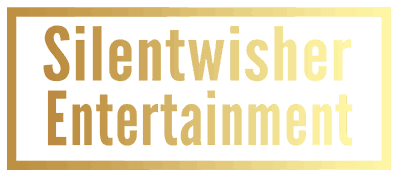In the world of search engine optimization (SEO), meta titles and descriptions play a crucial role in driving traffic to your website. They are the first thing that a user sees when your website appears in search results, and can greatly impact whether or not they click through to your site. By optimizing your meta titles and descriptions with relevant keywords, you can improve your click-through rates and ultimately drive more traffic to your website.
What are meta titles and descriptions?
A meta title is the main title of a web page that appears in search engine results. It is typically the first thing that a user sees and should accurately describe the content of the page. A meta description, on the other hand, is a brief summary of the page that appears underneath the meta title in search results. It should provide a concise and compelling overview of what the page is about.
Why is it important to optimize your meta titles and descriptions?
Optimizing your meta titles and descriptions with relevant keywords is important for several reasons:
1. Improves click-through rates: By including relevant keywords in your meta titles and descriptions, you can make your website more visible to users who are searching for those keywords. This can increase your click-through rates and drive more traffic to your site.
2. Provides context for search engines: Search engines use meta titles and descriptions to understand the content of a web page. By including relevant keywords, you can help search engines understand the topic of your page and improve its ranking in search results.
3. Enhances user experience: A well-crafted meta title and description can provide users with a clear understanding of what your page is about, which can improve their overall experience on your website.
Tips for optimizing your meta titles and descriptions:
Here are some tips for optimizing your meta titles and descriptions with relevant keywords:
1. Do your keyword research: Before you start writing your meta titles and descriptions, it’s important to do keyword research to identify the most relevant and high-volume keywords for your business. Use tools like Google Keyword Planner or SEMrush to find the best keywords for your website.
2. Keep it concise: Meta titles should be around 50-60 characters and meta descriptions should be around 155-160 characters. Keep them concise and to the point to make them more effective.
3. Use active language: Use active language in your meta titles and descriptions to make them more engaging and compelling. For example, instead of saying “Our Services”, say “Discover Our Expert Services”.
4. Avoid duplicating content: Avoid using the same meta titles and descriptions on multiple pages of your website. Each page should have a unique title and description that accurately describes its content.
5. Don’t stuff keywords: While it’s important to include relevant keywords in your meta titles and descriptions, avoid stuffing them in unnaturally. This can appear spammy and hurt your rankings.
6. Use proper formatting: Use proper formatting, such as capitalization and punctuation, to make your meta titles and descriptions more readable and professional.
Conclusion
Optimizing your meta titles and descriptions with relevant keywords is an important aspect of SEO. It can improve your click-through rates, provide context for search engines, and enhance the user experience on your website. By following these tips and creating well-crafted meta titles and descriptions, you can make your website more visible and compelling to users who are searching for the products or services you offer.


